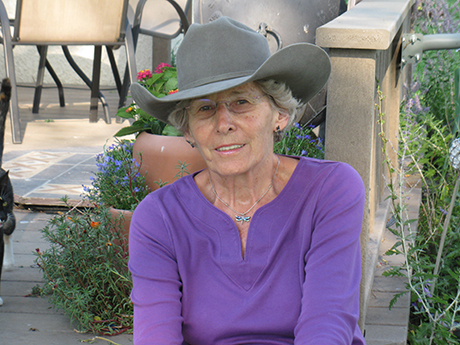“Your quest for fairness puts your life on hold”
Phil Stutz
“But I had it first. It’s not fair!”
If you have siblings, you probably chanted this mantra, or one like it, to your parents. As an only child, I remember applying it to times when something seemed skewed in the world around me, and my parents had a simple reply every time. “Life isn’t fair, so get used to it.” I suppose the best example was from the teacher who, when nobody would rat out the culprit who put a snake in her desk, made us all stay an hour after school.
Attorneys sometimes tell clients that fair isn’t always equal; for instance, if an adult child had been the one to care for aging parents while other family members kept distance, then the estate needn’t be equally divided between the offspring. Current debates about equity and equality come under this umbrella, but we’ve already covered that subject in this space so let it simply be noted that a ton of time and taxpayer money is wasted in wrangling over fairness. Meanwhile, nothing of substance gets decided, and nobody comes out a winner.
Anyone who serves in public office has dealt with constituents who are concerned with fairness, and walked a tightrope in order to avoid as much controversy as possible. Too often, the average citizen has no clue about constraints put on their elected officials by state statutes or federal regulations.
Most of us have a bad habit of looking for someone to blame, but the solutions are generally related to getting personally involved in making changes. Mention to someone who complains that officials aren’t being fair, that they should run for office themselves next time. Almost always, the complainer will mumble an excuse or up his grumbling game a notch or two.
Some issues really are a big deal and standing firm for one’s values is important. But a good many of the “not fair’ howls are pretty petty and not really worth the time it takes to list the grievance. Sometimes we need to recall the question of whether we’d rather be right, or be happy.
Someone told me years ago that when you are involved in a heated discussion that nobody is likely to win, a good escape route is to stop arguing and calmly say, “you may be right.” And walk away. Obviously, you don’t think the other person is right. You didn’t say they were, just mentioned the possibility. And by physically removing yourself from the situation, the opportunity for having to hear more of why the other party believes they are right is ended,
Maybe it just comes down to whether you are willing to put your life on hold.
Meet me here next week and meanwhile do your best. Somebody might like it.

